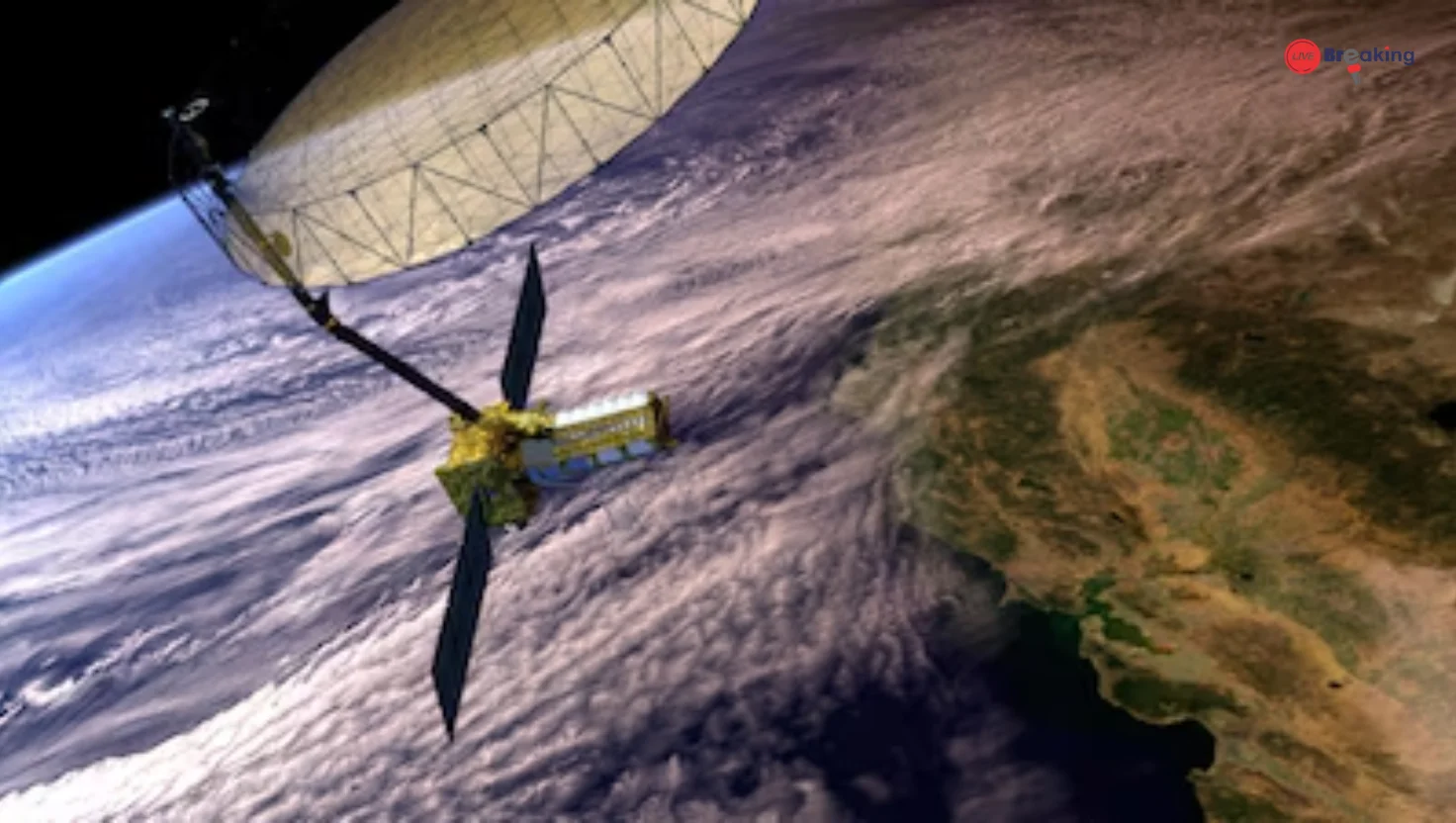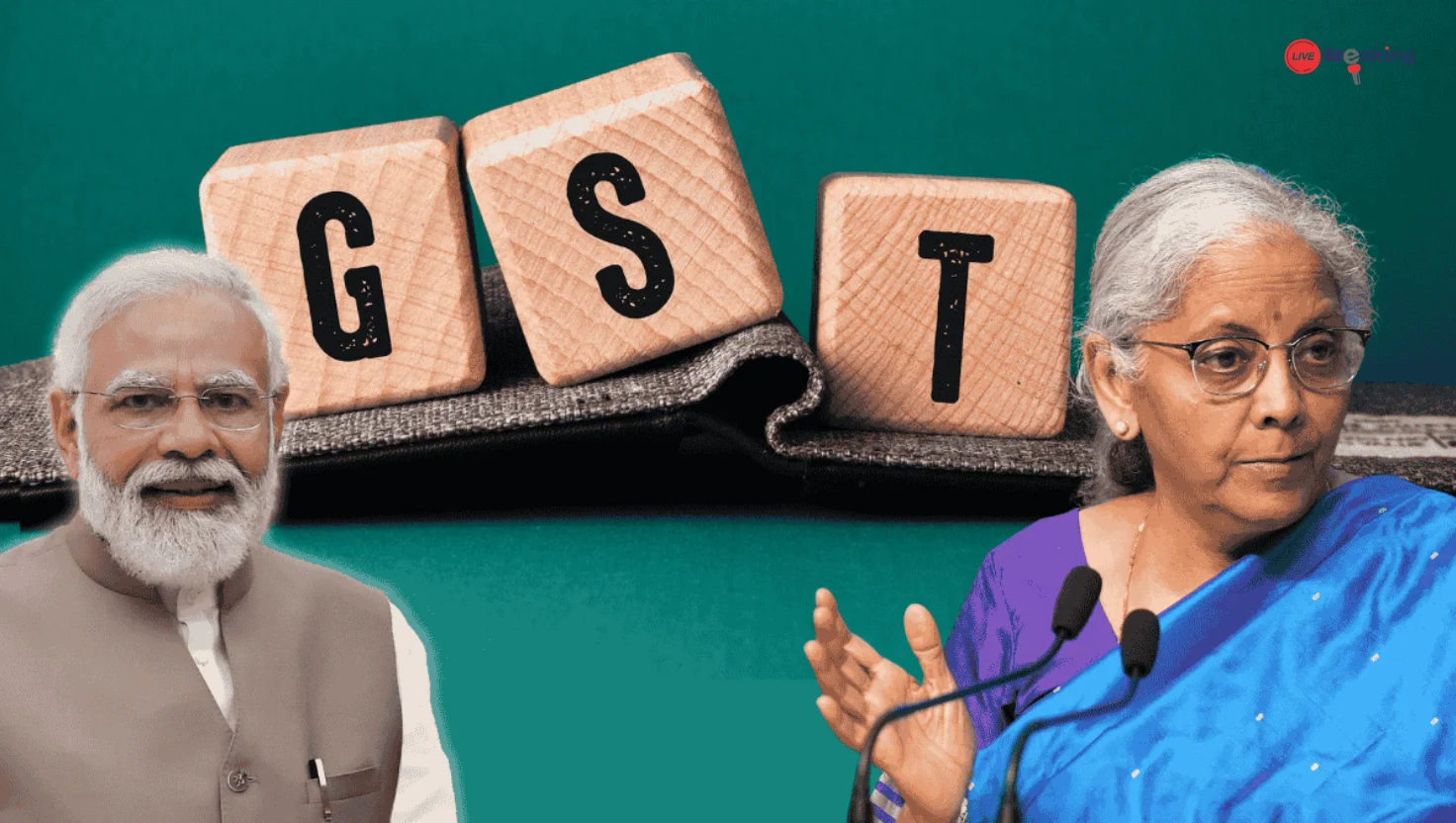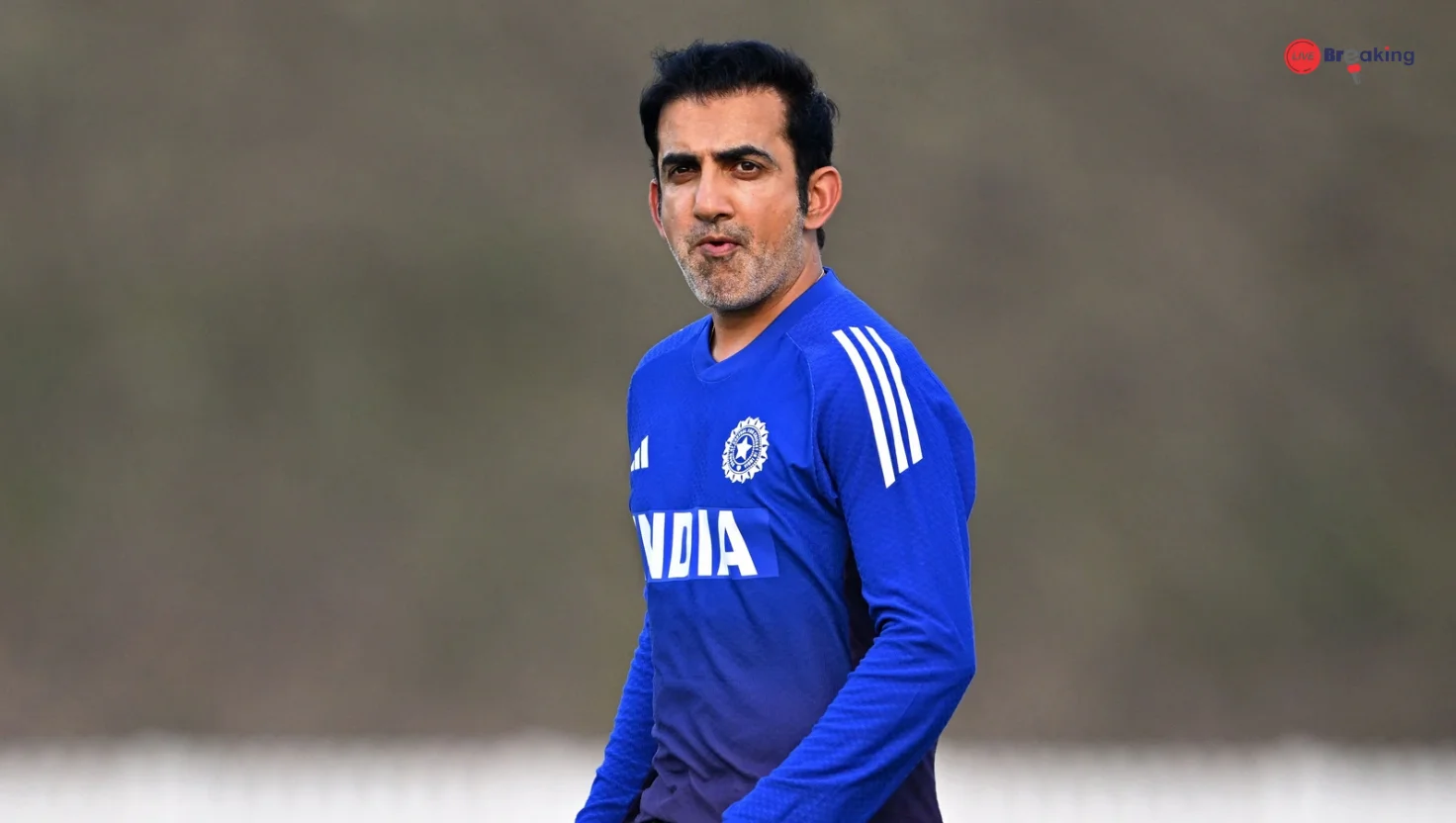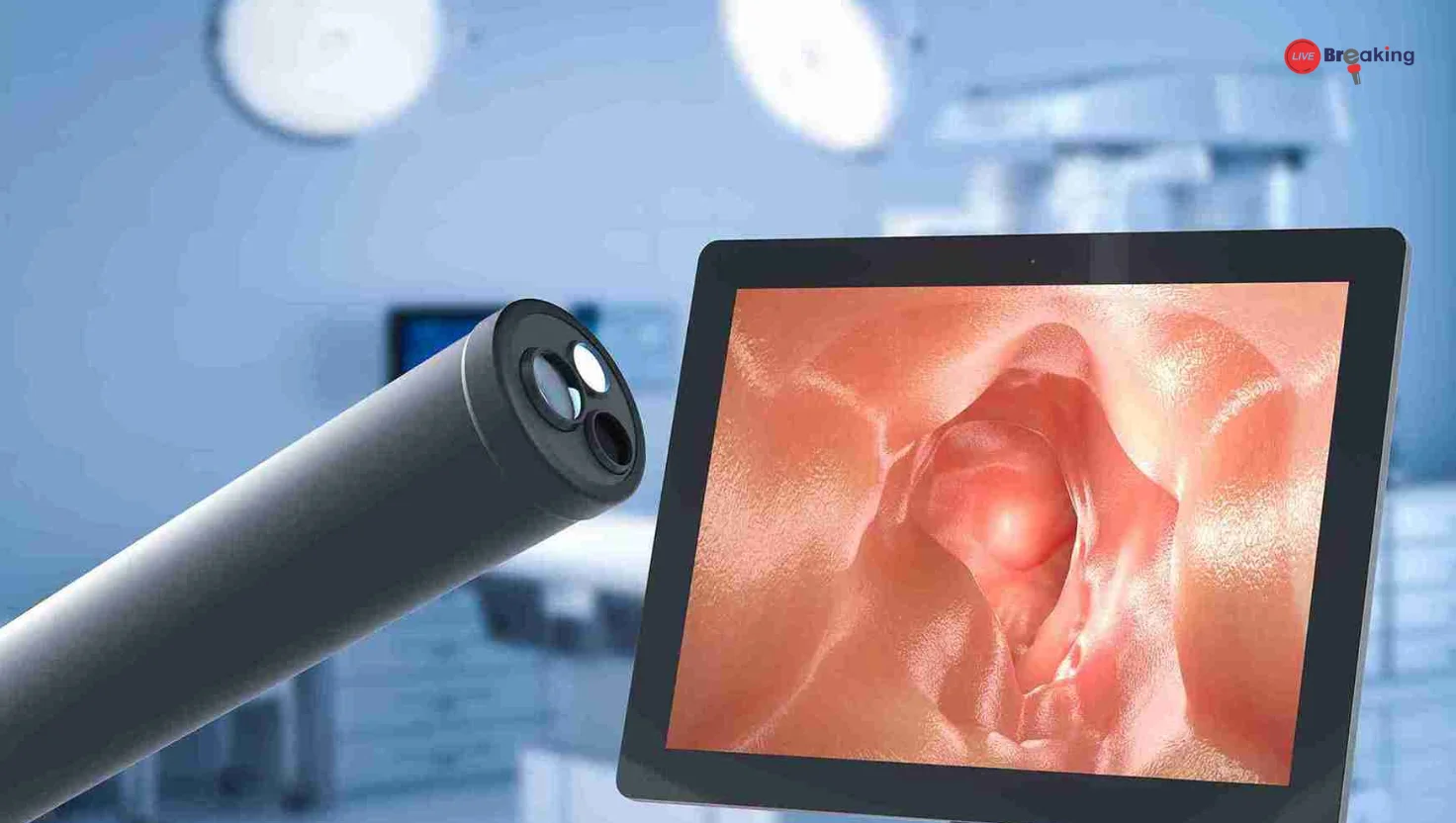India Considers Satellite ‘Bodyguards’ After Near-Miss Sparks Alarm
The race to secure space is entering a new phase. With the rapid rise in orbital traffic, India is considering the deployment of ‘bodyguard’ satellites—specialized systems designed to shield critical assets from collisions and hostile maneuvers in space. The move comes after a recent near-miss incident raised alarms about the safety of India’s satellites and highlighted the urgent need for advanced protective measures.
The Growing Challenge of Crowded Orbits
Earth’s orbit is becoming increasingly congested. Thousands of satellites—ranging from communication and navigation systems to scientific instruments—now operate in different orbital bands. On top of that, there are millions of pieces of space debris, from discarded rocket parts to defunct satellites. Each of these objects poses a potential threat, and the risk of collisions has multiplied. For India, whose reliance on satellites for navigation, communication, defense, and weather forecasting is only expanding, safeguarding these assets has become a national priority.
What Are ‘Bodyguard’ Satellites?
The concept of ‘bodyguard’ satellites revolves around deploying satellites whose primary role is to monitor, shield, and if necessary, maneuver alongside high-value assets. These satellites act like protectors, capable of detecting approaching debris or hostile satellites and taking countermeasures. Unlike traditional satellites that perform dedicated tasks, bodyguard satellites would be flexible, equipped with advanced sensors, propulsion systems, and possibly defensive technologies.
Lessons from a Near-Miss Incident
India’s renewed focus on protective space systems stems from a recent orbital near-miss involving one of its satellites. Although no collision occurred, the close call demonstrated how vulnerable satellites can be in today’s crowded orbital environment. Even a small fragment of debris traveling at high velocity could destroy or severely damage a billion-dollar satellite. The incident served as a wake-up call for policymakers and space scientists to rethink long-term safety strategies.
ISRO’s Strategic Vision for Safer Space
The Indian Space Research Organisation (ISRO) has already proven its capability in designing, launching, and managing satellites across multiple orbits. With the idea of bodyguard satellites, ISRO is moving toward a proactive defense strategy. This initiative fits within India’s larger ambition to strengthen its position as a global space power, capable not just of exploration but also of protecting national assets.
Read more: PM Modi Promises “Double Diwali” And “Next-Generation” Tax Gift This Year
Protecting Both Civilian and Defense Assets
Satellites today are not just tools for civilian use—they are also critical for defense operations, navigation, surveillance, and communication during emergencies. A single collision could disrupt telecom networks, GPS services, or even military operations. Bodyguard satellites would ensure that both civilian and defense infrastructure remain protected, minimizing risks of service disruptions and economic losses.
International Context: The Space Security Race
India is not alone in this endeavor. Leading space powers like the United States, Russia, and China are also exploring ways to safeguard their orbital assets. Concepts such as on-orbit servicing satellites, debris removal systems, and satellite shields are already under study globally. By investing in bodyguard satellites, India signals its determination to stay ahead in the global space security race.
Technological Challenges Ahead
While the idea of bodyguard satellites is ambitious, it comes with challenges. Designing a satellite that can constantly monitor its surroundings, detect threats, and take evasive action requires cutting-edge technology. Propulsion systems must be efficient, sensors highly precise, and communication systems robust enough to provide real-time data. Additionally, such projects demand significant investment and international cooperation.
Balancing Security and Sustainability
Another important aspect of deploying bodyguard satellites is ensuring that they do not contribute further to the growing space debris problem. Any protective measure must also align with global efforts to keep space sustainable and safe for all nations. India will need to adopt designs that are effective yet environmentally responsible in the orbital ecosystem.
Read more: GST Overhaul Sparks Political Row: Congress Hits With ‘1 Nation, 9 Taxes’ Jibe
The Road Ahead for India
The idea of bodyguard satellites is still at a conceptual stage, but early discussions and research indicate a strong intent. If successfully implemented, India could pioneer a new class of protective space technology that would not only secure its own assets but also position the country as a leader in orbital safety.
Conclusion
The recent orbital near-miss was a stark reminder of the fragility of satellites in a crowded space environment. By considering bodyguard satellites, India is moving toward a future where its assets in orbit are better protected against both natural and man-made threats. While challenges remain, the plan underscores India’s ambition to become not just a spacefaring nation but also a guardian of its own orbital frontier.













